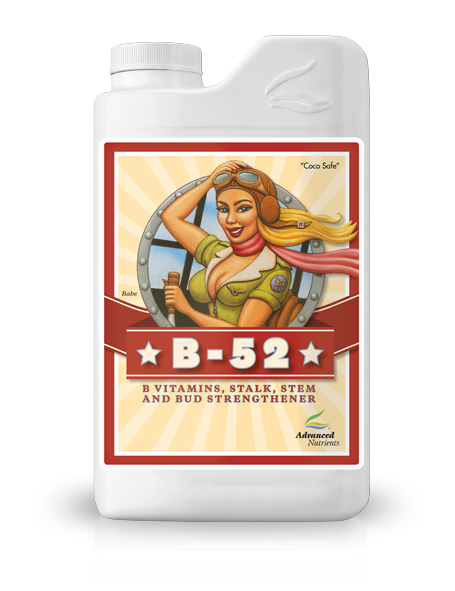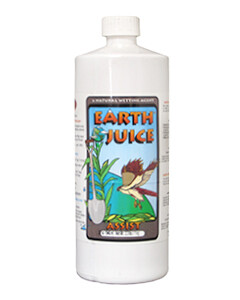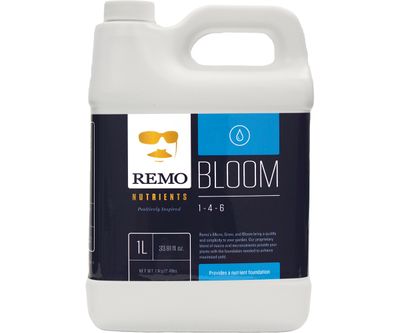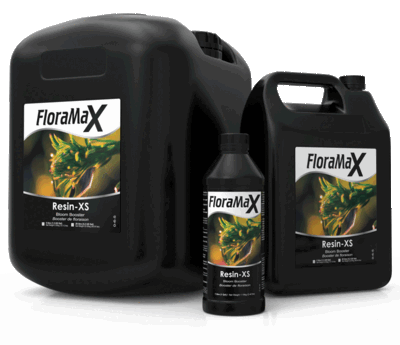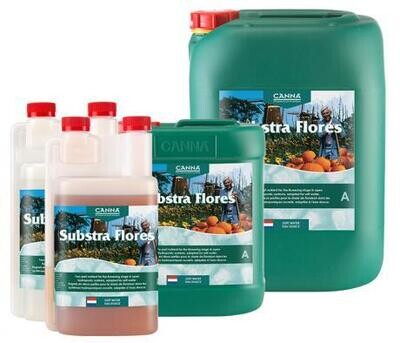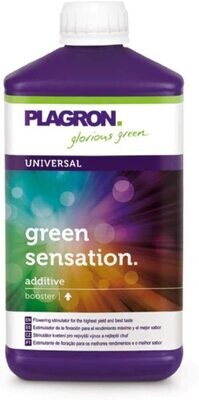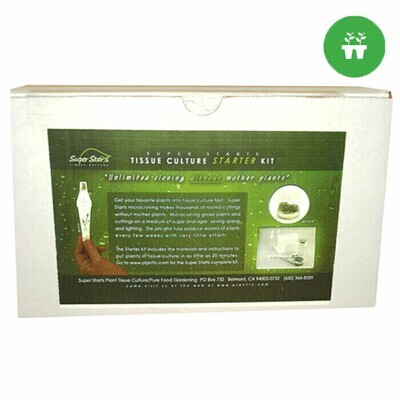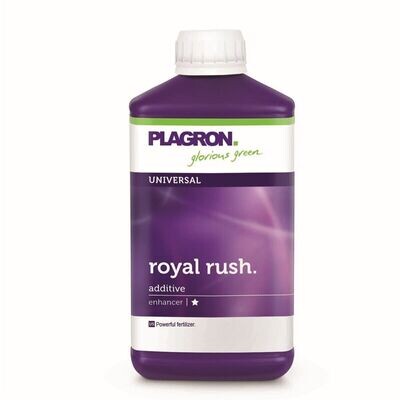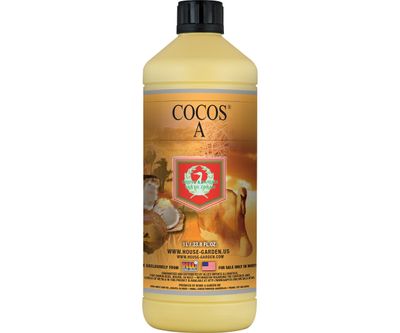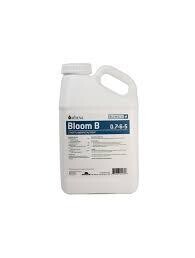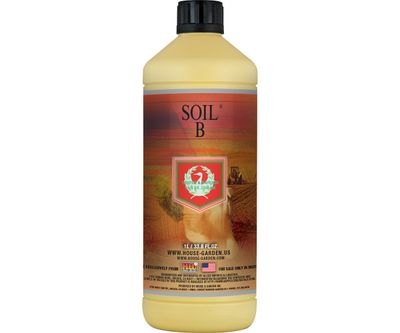top of page
Advanced Nutrients B-52 2-1-4
SKU
4109814
16.13
SRP⠀
18.65
− 2.52
✅ price beat guarantee
size
1
Save this product for later
Advanced Nutrients B-52 2-1-4
Product Details
UPC:
845268002911
Brand:
Advanced Nutrients
price per unit: liter & gallon
| item *bulk qty
410981
*6/ pack *12/ case
410991 *6/ pack *12/ case 411001 *6/ pack *12/ case 411011 *4/ case *8/ load 411021 *2/ case *4/ load 411031 *2/ load *4/ load 411041 *2/ skid *4/ skid 411051 *2/ skid *4/ skid 411061 *2/ load *3/ load |
🔆
68
63 45 36 29 25 22 16 13 |
.18 .42 .33 .20 .92 .55 .50 .40 .49 |
258 240 171 137 113 96 85 62 51 |
.08 .08 .60 .04 .27 .73 .18 .09 .05 |
💧
65
62 36 36 28 24 21 16 13 |
.45 .15 .27 .20 .87 .72 .94 .30 .46 |
247 235 137 137 109 93 83 61 50 |
.76 .28 .28 .04 .27 .56 .04 .69 .93 |
🍅
52
48 34 29 24 20 18 16 13 |
.36 .48 .45 .86 .53 .71 .05 .19 .42 |
198 183 130 113 92 78 68 61 50 |
.21 .52 .42 .04 .87 .39 .31 .29 .82 |
🌱
You've given your plants the best environment, and you feed them nutrients especially designed for hydroponics.
Now you're interested in reports that vitamins make your plants stronger, more productive and bigger-yielding.
To find out exactly how vitamins help your plants grow and produce better, scientists test identical clones side by side in identical systems. The clones are fed the same diet, except that half of the clones receive a vitamin that the other clones do not receive.
Both sets of clones are closely monitored during growth and after harvest. Scientists take plant tissue samples to measure plant metabolism, nutrient absorption, and overall plant health.
Total yield size, quality and essential oil content are also measured. Using statistical analysis and other criteria, scientists determine if the vitamin had any effects, and if so, what those effects are.
Please focus on the test results closely, because you'll discover how B vitamins make your plants stronger, safer and more productive
You May Also Like
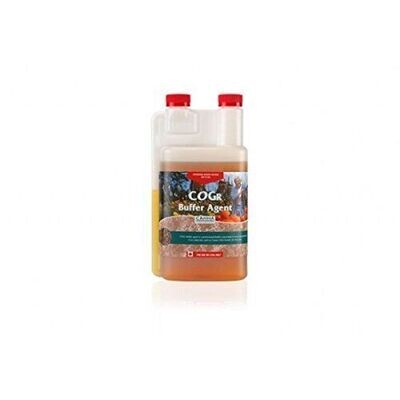
Canna COGr Buffer 1 quart 1 liter 1/ each
Canna COGr Buffer 1 quart 1 liter 1/ each
SKU 404571
SRP⠀
36.32
−
5.27
31.05
﹟organic

Advanced Nutrients Sensi Cal Mag Xtra 4-0-0
Advanced Nutrients Sensi Cal Mag Xtra 4-0-0
SKU 4171724
SRP⠀
9.86
−
2.03
7.83
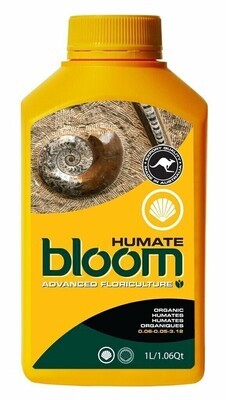
BLOOM Yellow Bottles Humate Humic Acid
BLOOM Yellow Bottles Humate Humic Acid
SKU 4149424
SRP⠀
15.48
−
3.33
12.15
﹟organic

FoxFarm Bush Doctor Wholly Mackerel 3-1-0
FoxFarm Bush Doctor Wholly Mackerel 3-1-0
SKU 4981214
SRP⠀
21.08
−
4.96
16.12
﹟fave
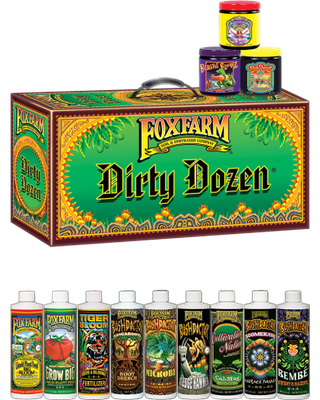
FoxFarm Dirty Dozen Kick Starter Pack Bundle Kit 1/ each
FoxFarm Dirty Dozen Kick Starter Pack Bundle Kit 1/ each
SKU 498501
SRP⠀
173.19
−
73.50
99.69
﹟organic﹟fave
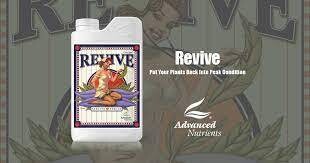
Advanced Nutrients Comeback Formula Revive 1-0-0
Advanced Nutrients Comeback Formula Revive 1-0-0
SKU 4169924
SRP⠀
16.78
−
3.44
13.34
﹟fave

Hydrodynamics International Clonex Clone Solution
Hydrodynamics International Clonex Clone Solution
SKU 4079824
SRP⠀
2.39
−
1.62
0.77
﹟organic﹟free ship
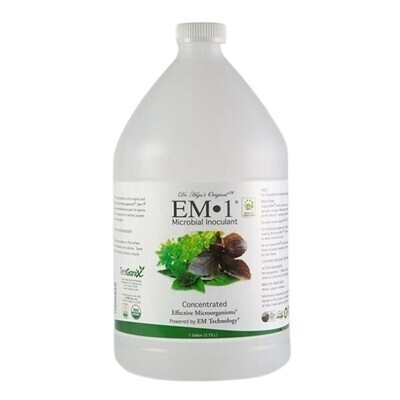
TeraGanix Em-1 Microbial Inoculant
TeraGanix Em-1 Microbial Inoculant
SKU 4966214
SRP⠀
59.37
−
9.80
49.57
﹟fave

FoxFarm Bush Doctor Flower's Kiss 1.5-0.3-0.05
FoxFarm Bush Doctor Flower's Kiss 1.5-0.3-0.05
SKU 4995814
SRP⠀
28.88
−
3.04
25.84
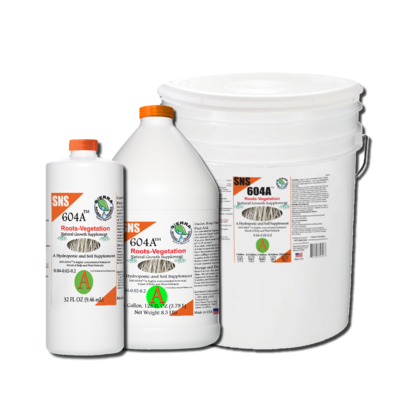
Sierra Natural Science SNS 604A Vegetative Growth Supplement
Sierra Natural Science SNS 604A Vegetative Growth Supplement
SKU 4102824
SRP⠀
35.23
−
6.87
28.36
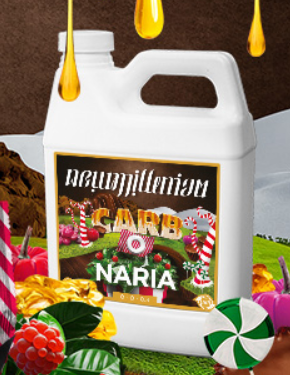
New Millenium Car-Beau-Naria Carb-O-Naria 0-0.02-0.3
New Millenium Car-Beau-Naria Carb-O-Naria 0-0.02-0.3
SKU 4186514
SRP⠀
42.49
−
6.59
35.90
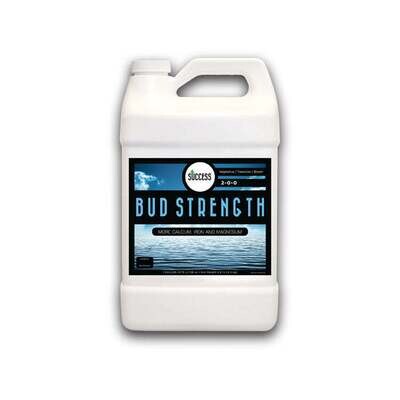
Success Nutrients Bud Strength 2-0-0
Success Nutrients Bud Strength 2-0-0
SKU 4021824
SRP⠀
71.27
−
13.19
58.08
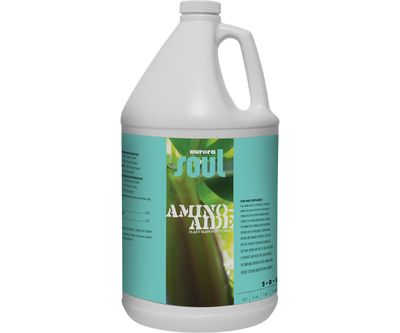
Aurora Innovations Soul Amino Aide
Aurora Innovations Soul Amino Aide
SKU 4239824
SRP⠀
218.80
−
32.50
186.30
﹟fave
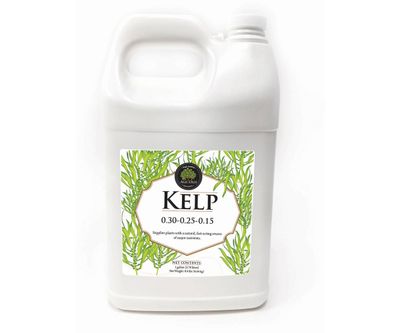
Age Old Nutrients Kelp 0.3-0.25-0.15
Age Old Nutrients Kelp 0.3-0.25-0.15
SKU 4089114
SRP⠀
26.95
−
1.76
25.19
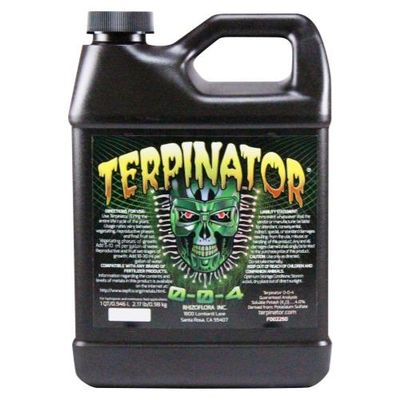
Rhizoflora Terpinator Terpene and Resin Enhancer 0-0-4
Rhizoflora Terpinator Terpene and Resin Enhancer 0-0-4
SKU 4166914
SRP⠀
28.95
−
4.20
24.75
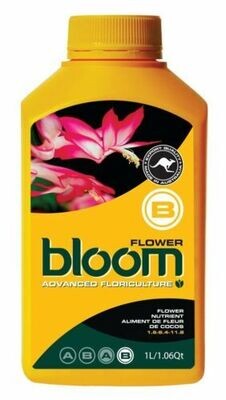
BLOOM Yellow Bottles Flower B 1.6-5.4-11.8
BLOOM Yellow Bottles Flower B 1.6-5.4-11.8
SKU 4153324
SRP⠀
25.49
−
5.48
20.01
﹟fave
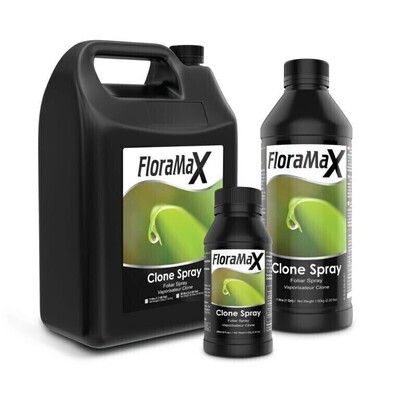
FloraMax Clone Spray 0.3-0.03-0.01
FloraMax Clone Spray 0.3-0.03-0.01
SKU 4059424
SRP⠀
58.52
−
11.42
47.10
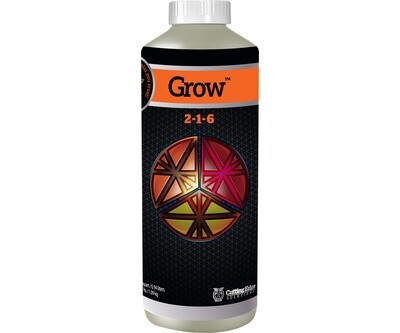
Cutting Edge Solutions Grow 2-1-6
Cutting Edge Solutions Grow 2-1-6
SKU 4493114
SRP⠀
30.56
−
3.21
27.35
Powered by Lightspeed
Display prices in:
USD
bottom of page
